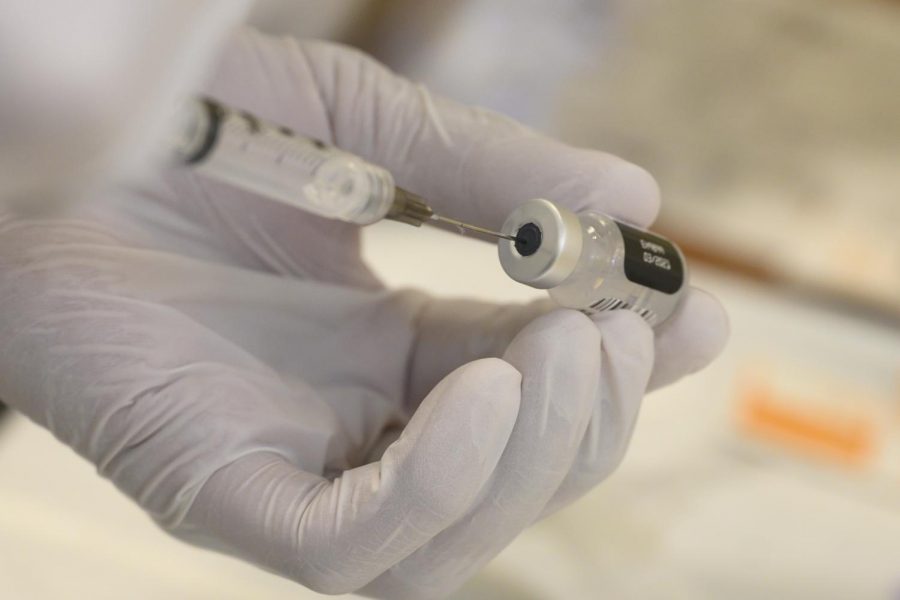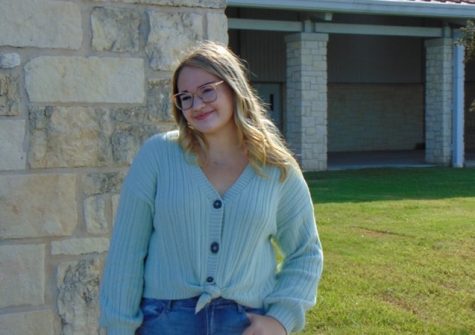The Coronavirus Vaccine
With the first round of the Coronavirus vaccine rolled out, many people are preparing to get vaccinated. Health officials are eager to have as many people vaccinated as possible and plan to speed up administration.
https://commons.wikimedia.org/wiki/File:Pfizer-BioNTech_COVID-19_vaccine_(2020)_F.jpg
Depending on which Coronavirus vaccine someone gets, they may need a second shot two to three weeks later. There are many vaccination locations all around the United States.
January 20, 2021
Coming into the New Year, the number of confirmed Coronavirus cases in the United States continues to grow.
With the first round of Coronavirus vaccinations already rolled out, many states have begun to offer the vaccine to more people. According to ABC 13, 937,675 doses of the vaccine have been shipped throughout Texas in preparation for a widespread administration of vaccines
The first round of vaccines was mainly focused on health care workers and residents of long-term health care facilities. The centers for Disease Control and Preventions Advisory Committee on Immunization Practices called for remaining essential workers and those over the age of 65 to receive the next round of vaccinations.
According to ABC News, the Trump administration calls for the second round of vaccines to come out immediately instead of holding back. They also recommend a change in the pace of administration in order to support rapid vaccination.
According to the CDC, the Covid vaccine does not contain any live viruses that cause Coronavirus; therefore, it should not make you sick with Covid. It will take a few weeks for the body to build up immunity after the vaccine, meaning someone could still come into contact with Covid within the first few weeks.
The vaccine helps by teaching your immune system to recognize and fight off Covid, and does not change or interact with the body’s DNA. The vaccine will never enter the nucleus, which is where the DNA is kept.
According to Wellcome, there are hundreds of Covid vaccines in development.
There are four common vaccine types: Viral Vector, RNA, Whole Virus, and Protein Subunit.
The Viral Vector vaccine uses a harmless virus to alter the genetic code of the Coronavirus. It triggers a response where the body fights off the virus, priming the body to be able to fight off the virus later.
The RNA vaccine injects the body with a synthetic version of RNA. When the body recognizes the RNA it triggers a response to start building up a protein and therefore helps the body fight off Coronavirus in the future.
The Whole Virus vaccine is when they use a similar inactivated version of the virus. These vaccines cannot cause the virus but it will help the body fight off the virus in the future.
A Protein Subunit vaccine is when a small piece of the virus’s genetic code is inserted into another cell. The code helps the cell with building virus protein that helps fight off the virus in the future.
There are many different types of vaccines still in production or clinical trials. Those who are eligible for the first or second round of vaccines can find these vaccines at many different health clinics in the united states.




